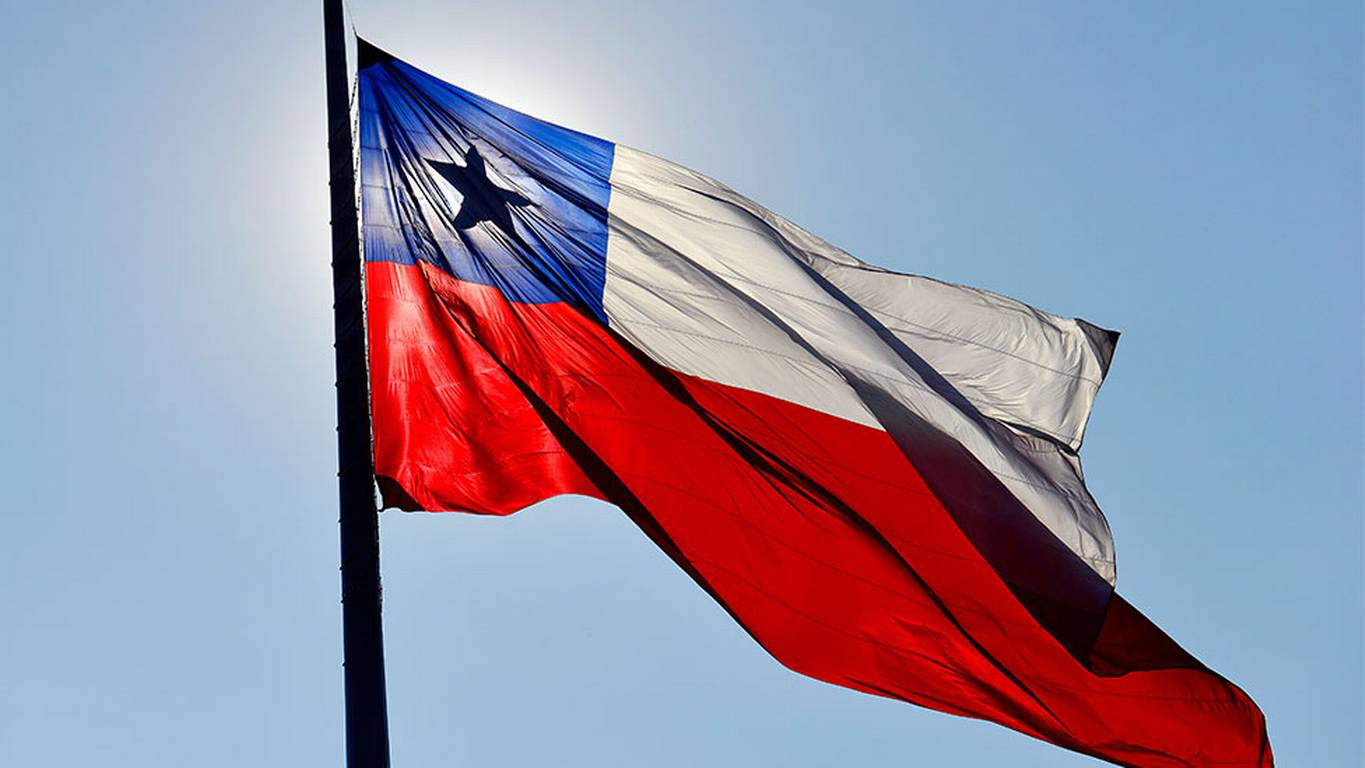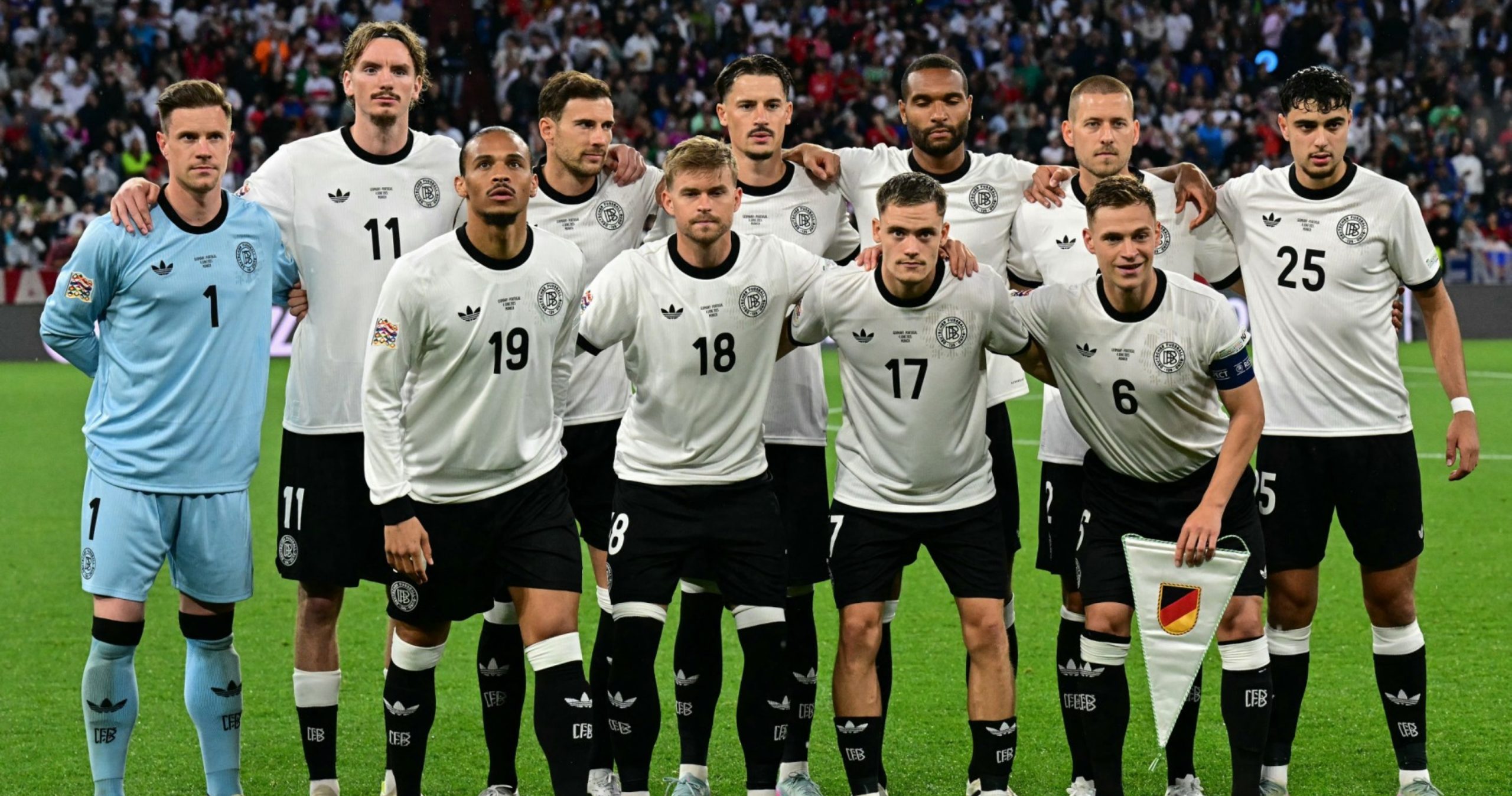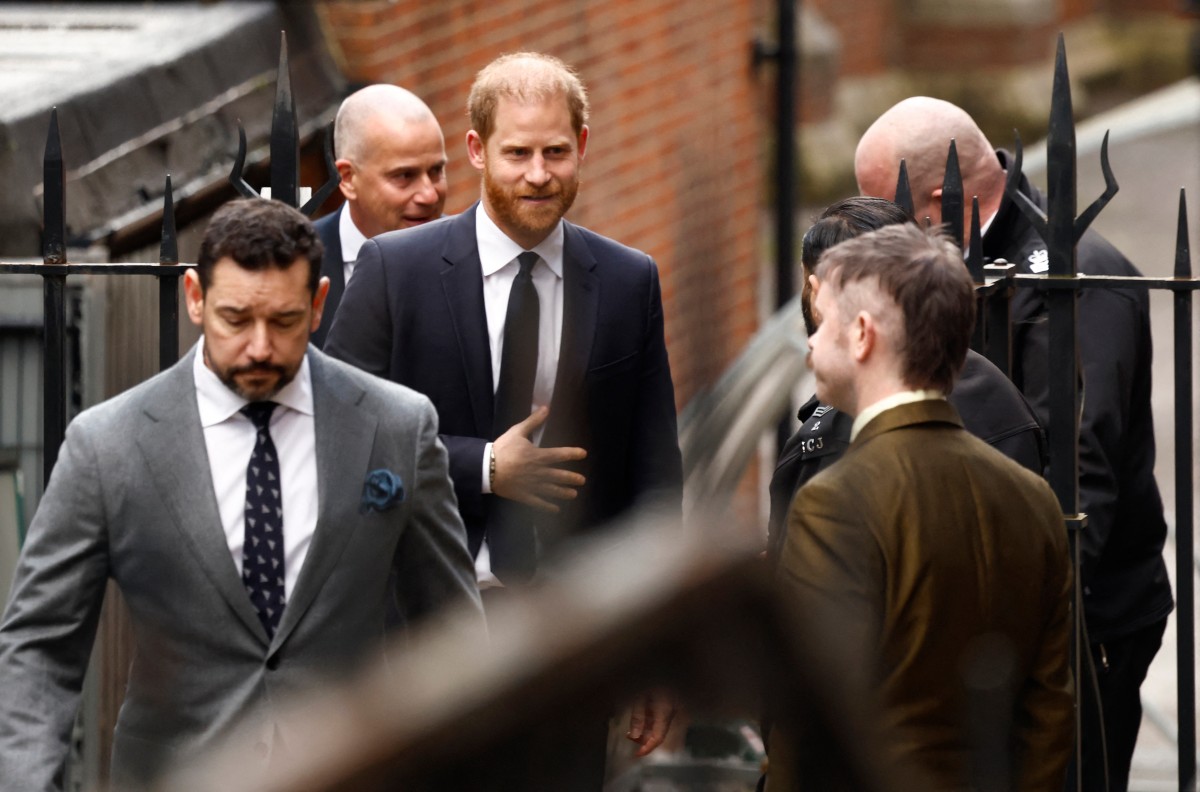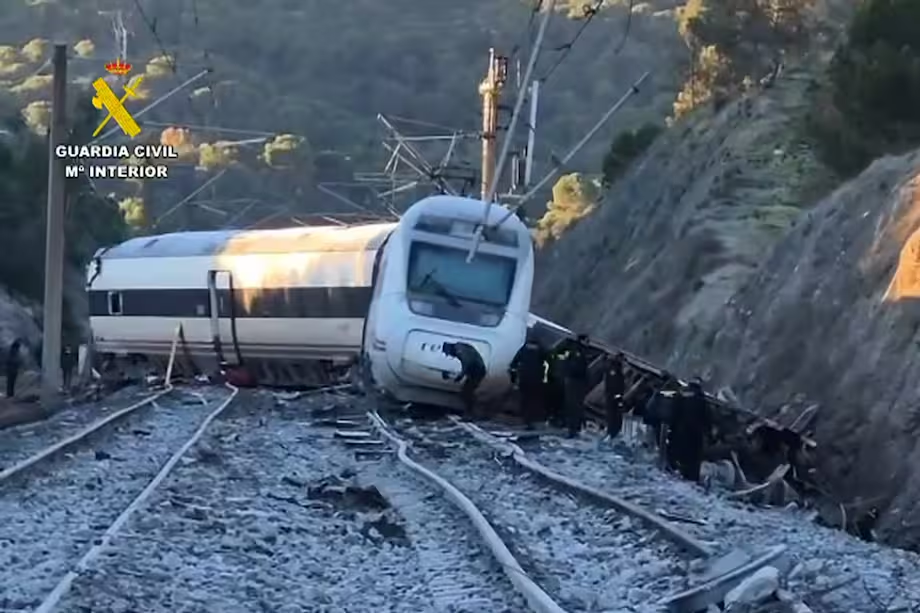International
Chile: rocky road to new constitution

AFP
Chileans head to the polls for a referendum on September 4 to vote on a proposed new constitution that would overhaul the country’s dictatorship-era system.
Here is a timeline of the country’s turmoil since bloody protests broke out nearly three years ago, in which a new constitution was a key demand.
2019: violent clashes
Protests in Chile’s capital, Santiago, against a rise in metro fares on October 18, 2019, escalate into clashes between police and demonstrators angry at gaping social inequality.
Center-right president Sebastian Pinera declares a state of emergency.
Soldiers are deployed in the city the following day for the first time since the end of the dictatorship of General Augusto Pinochet.
Pinera — a billionaire — suspends the ticket price hike, but protests and clashes continue.
‘Chile is awake’
The state of emergency is extended to other regions as protests spread with people chanting: “Chile is awake.”
About 30 people are killed.
Pinera apologizes and announces more social spending on October 22, but a general strike begins with leaders demanding the military return to barracks.
After some 1.2 million Chileans take to the streets in Santiago on October 25, the curfew and state of emergency are lifted and Pinera reshuffles his cabinet.
The street movement continues.
Constitutional referendum
In a breakthrough on November 15, lawmakers agree to a key opposition demand for a referendum on replacing the Pinochet-era constitution.
The government follows this up in early December with a $5.5-billion social plan, and a month later, the president announces reforms of the health system.
The United Nations, meanwhile, denounces multiple rights violations by police.
2020: New clashes
After a period of calm despite demonstrations every Friday in Santiago, new clashes in late January 2020 turn deadly, with four people killed.
Violence erupts again on February 23 at Vina del Mar near Valparaiso, and then in early March in several other towns.
The president announces police reform.
Virus, referendum put off
Chile declares a “national disaster” in mid-March due to the coronavirus pandemic, with protests paused and a referendum — originally scheduled for April — postponed until October.
‘Yes’ to new constitution
On October 25, Chileans vote by nearly four to one (79 percent) for a new constitution to be drawn up.
2021: more delays
In late March 2021, Chile locks down four-fifths of its population as the virus surges again. The election of the constituent assembly charged with revising the constitution is put off to May.
Leaning left, new president
A third of newly-elected members of the constitutional convention — a majority left-leaning — are independents, with no single group winning a majority.
In the presidential election at the end of 2021, many voters after a polarized campaign — driven either by anti-communist sentiment or fear of a return to rightwing tyranny — opt to cast a protest vote for the candidate they consider the “lesser evil.”
Leftist candidate Gabriel Boric wins the election on December 19.
2022: progressive prospects
The new president introduces several measures addressing the economy and social rights.
In April he presents a recovery plan of 3.7 billion dollars, notably to help families and create 500,000 jobs.
On July 4 Chile’s constitutional convention hands its draft to Boric. If adopted, it will make Chile one of the most progressive countries in the region.
In the first of the new constitution’s 388 articles, Chile is described as “a social and democratic State of law,” as well as “plurinational, intercultural and ecological.”
As well as recognizing the different peoples that make up the Chilean nation, the new constitution accords a certain amount of autonomy to Indigenous institutions, notably in matters of justice.
The right to elective abortion would become enshrined in law. It is today permitted only if there is a risk to the life of the pregnant woman, in cases of fetal non-viability and rape.
International
Germany says football bodies alone will decide on possible World Cup boycott

The German Football Association (DFB) and FIFA will decide with full “autonomy” whether to boycott the upcoming World Cup, which will be hosted mainly by the United States in six months, following threats made by former U.S. president Donald Trump, the German government told AFP on Tuesday.
Trump has threatened to seize Greenland and impose higher tariffs on European countries that oppose the plan, raising political tensions between the United States and Europe.
“This assessment therefore lies with the relevant federations, in this case the DFB and FIFA. The federal government will respect that decision,” Sports State Secretary Christiane Schenderlein said in a statement emailed to AFP.
AFP had asked the German government about the possibility of a boycott of the World Cup to be jointly hosted by Canada, the United States and Mexico from June 11 to July 19.
“The federal government respects the autonomy of sport. Decisions regarding participation in major sporting events or possible boycotts fall exclusively within the responsibility of the relevant sports federations, not the political sphere,” said Schenderlein, a member of the conservative CDU, the party of Chancellor Friedrich Merz.
International
Daily Mail publisher insists reports relied on legitimate sources amid privacy trial

Two British tabloids accused of phone hacking and other forms of “unlawful information gathering” against Prince Harry and six other individuals, including singer Elton John, insisted on Tuesday that their reporting relied on legitimate sources.
Associated Newspapers Ltd (ANL), the publisher of the Daily Mail and The Mail on Sunday, sought to rebut allegations of privacy violations through illegal methods on the second day of trial at London’s High Court, following a lawsuit filed by the seven claimants.
Prince Harry, 41, who attended court hearings on both Monday and Tuesday, could be called to testify starting Wednesday in a trial expected to last up to nine weeks.
Lawyers for the claimants said the alleged illegal activities took place between 1993 and 2011, with some incidents reportedly extending as late as 2018. They argue that the tabloids hired private investigators to intercept phone calls and obtain confidential information, including detailed phone records, medical histories, and bank statements.
However, Anthony White, counsel for ANL, told the court that the trial would show the company presents “a compelling account of a pattern of lawful source acquisition” for its articles.
White added that the claims would require the court to believe that journalists and staff at the tabloids had engaged in widespread dishonesty, which the company strongly denies.
International
Death toll from southern Spain train crash rises to 40

The death toll from the train accident that occurred on Sunday in southern Spain has risen to 40, according to investigative sources cited by EFE on Monday afternoon.
Since early Monday, search operations have focused on the damaged carriages of a Renfe train bound for Huelva, which collided with the last derailed cars of an Iryo train traveling from Málaga to Madrid after it left the tracks.
The crash has also left more than 150 people injured. Of these, 41 remain hospitalized, including 12 in intensive care units at hospitals across the Andalusia region.
More than 220 Civil Guard officers are working at the site, searching the railway line and surrounding areas for key evidence to help identify victims and determine the causes of the accident.
The tragedy has revived memories of the deadliest railway disasters in Europe in recent decades. In Spain, the most severe occurred on July 24, 2013, when an Alvia train derailed near Santiago de Compostela, killing 80 people and injuring 130 others.
At the European level, the worst rail disaster took place on June 3, 1998, in Eschede, northern Germany, when a high-speed train struck a bridge pillar at 200 kilometers per hour, resulting in 98 deaths and 120 injuries.
-

 International4 days ago
International4 days agoU.S. deportation flight returns venezuelans to Caracas after Maduro’s ouster
-

 International2 days ago
International2 days agoDeath toll from southern Spain train crash rises to 40
-

 Central America3 days ago
Central America3 days agoGuatemala prison uprisings leave 46 guards held by gangs
-

 Central America2 days ago
Central America2 days agoGuatemala raises police death toll to nine after gang violence escalates
-

 International2 days ago
International2 days agoOver 160 christian worshippers kidnapped in Kaduna Church attacks
-

 International3 days ago
International3 days agoChile declares state of catastrophe as wildfires rage in Ñuble and Biobío
-

 International1 day ago
International1 day agoDaily Mail publisher insists reports relied on legitimate sources amid privacy trial
-

 International4 days ago
International4 days agoFormer South Korean President Yoon sentenced to five years in prison
-

 International2 days ago
International2 days agoSpain’s Prime Minister pledges transparency after train crash kills at least 39
-

 International1 day ago
International1 day agoGermany says football bodies alone will decide on possible World Cup boycott


























